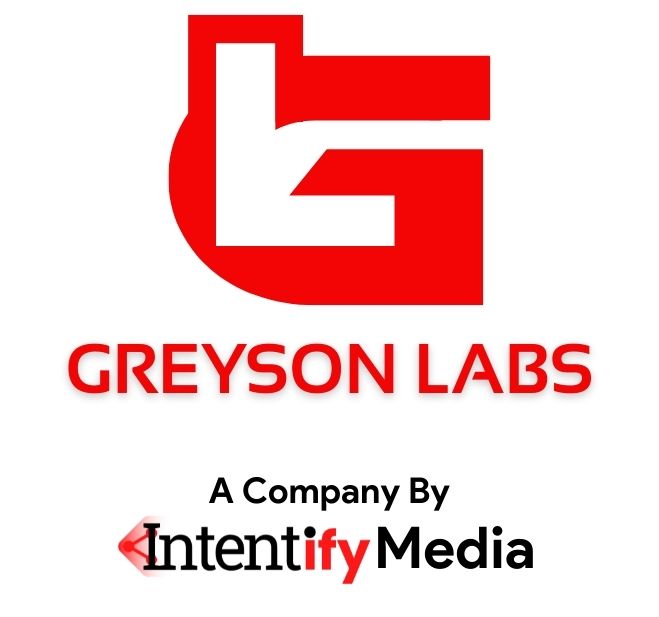
WordPress Explores AI Integration
Beginning discussions on the function of artificial intelligence and the foundation of WordPress
Contributors to WordPress continue to discuss AI’s potential role in the WordPress ecosystem, whether in the core or as a plugin.
There are currently no intentions to add AI to the core of WordPress; these discussions are merely exploratory, or “turning on the light,” to see what exists.
Despite the fact that the discussion is just beginning, significant points have already been raised by a few participants.
Plugin or Integrative Core
At this juncture, there was consensus that AI integration may be best accomplished via external modules as opposed to being hard-coded into the WordPress core.
Matt Crowell expressed concern that the present plans for WordPress are jam-packed with projects that need to be completed and that the addition of artificial intelligence (AI) could be distracting and divert resources from ongoing projects.

However, he also concurred that it is prudent to discuss AI at this time.
He wrote, “At what expense would the initiative pursue AI integration?” .I find it difficult to conceive of the current roadmap being pursued with excellence and stability AND a massive AI integration being added as well.
In light of the fact that all AI options presently necessitate integration with a third-party system, pricing, and authentication, I believe this to be plugin territory.
It’s an entertaining thought experiment to imagine what an AI-powered WordPress would look like, but at this early stage of AI, I believe it’s best to let the plugin ecosystem innovate so that Core can concentrate on improving its more fundamental features.”
Diagnostic AI Co-pilot Ollie Jones provided a creative application of AI in maintaining a WordPress website.
They proposed incorporating AI as a diagnostic co-pilot capable of identifying a problem (likely a plugin conflict) and suggesting solutions.
“This is the AI feature I want to see,” Ollie wrote. Feed the AI tracebacks and error messages, and then ask, “What went wrong?” Provide some solutions to the problem.
If this worked even marginally in the “what went wrong” query, WordPress users will adore it.
That is a brilliant concept. How amazing would it be if artificial intelligence could detect when two modules contained a conflict that could cause the website to crash?
It would be beneficial if the AI could block the problematic code, keep the website operating, and display a warning message.
If artificial intelligences are assistants, then assisting with daily publishing and development tasks seems like a beneficial implementation of the technology that would not eliminate any jobs
AI Team Member for WordPress
Robglidden, a user on a collaboration team, shared a similar perspective on artificial intelligence.
This comment refers to the third phase of the four-phase strategy to modernise WordPress with Gutenberg.
WordPress is currently in phase two of four scheduled phases; collaboration is the focus of phase three.
Examples of Phase 3 concentrations:
• Real-time collaboration
Developing the user interface and infrastructure to support multiple team members simultaneously customising the website
• Asynchronous interaction
The capacity to collaborate on draughts, remarks, and annotations
• Publication proceeds
This includes editorial features such as content creation and publishing workflow steps, objectives, and prerequisites.
There are numerous additional objectives for phase three, which will commence later in 2023.
“I would suggest considering AI chatbots as “just another” user type in the upcoming Phase 3 of collaboration and workflow,” wrote Robglidden.
Phase 3 of WordPress should include an AI chatbot for my multiuser collaboration team.
In the multiuser collaborative workflows defined in “Phase 3 Collaboration,” it appears that the same infrastructure should support both human and AI “users.”
Indeed, it is not a stretch to consider ‘users,’ ‘collaborators,’ and ‘creators’ as bot-like users assigned and conducting duties within a workflow when perusing that document.”
WordPress is already integrated with AI.
James LePage, proprietor of the AI software-as-a-service company CodeWP, made an insightful contribution.
It’s a WordPress plugin that provides an AI Code Generator plugin.
According to CodeWP’s website, the plugin can generate WordPress-specific PHP, JavaScript, and WooCommerce code.
Although it promises to reduce the need for costly developers, it appears to be a beneficial product for developers themselves, helping them to be more efficient.
James LePage wrote, “It seems like solid plugin territory to me;
1—AI will always require compute, which means third-party services, and I believe that already removes it from the primary scope, and
2—we don’t need anything specific to incorporate AI.
I’m the founder of one of the only AI-powered software-as-a-service solutions for WordPress, and we’re developing a plugin to help integrate our service with individual websites.
Additionally, we are cooperating with existing code excerpt extensions.
We don’t need anything from Core for this plugin, and we can add all of the necessary features by leveraging existing features and functions.”
James raises an intriguing point regarding WordPress and AI integration: integration is already present.
At least three SEO plugins and one content optimisation plugin incorporate AI.
• Rank Math • SEOPress • WordLift • All in One SEO (AIOSEO) WordPress Extension
Content AI is the name of RankMath’s AI-powered content assistant feature. The Content AI of Rank Math provides SEO-focused suggestions for enhancing content, such as which headings to use.
SEOPress and AIOSEO both offer programmatic generation of title elements and description meta tags via OpenAI integration.
All three AI integrations are upgrade-only. These are examples of AI’s integration into the WordPress ecosystem.
WordLift is a content optimisation plugin that also incorporates artificial intelligence.
In a sense, WordPress already incorporates AI, demonstrating the utility of the third-party plugin ecosystem, which is capable of rapid innovation.
WordPress is compatible with AI.
It’s reassuring to see WordPress discussing how to utilise technology to keep WordPress moving forward and avoid falling behind.
While this is merely a conversation starter, many current innovations, such as the WordPress Performance Team, originated from similar conversations.



Leave a Reply